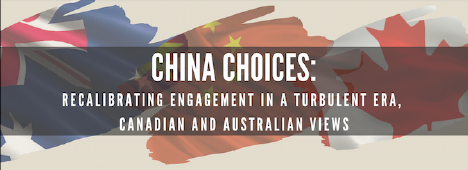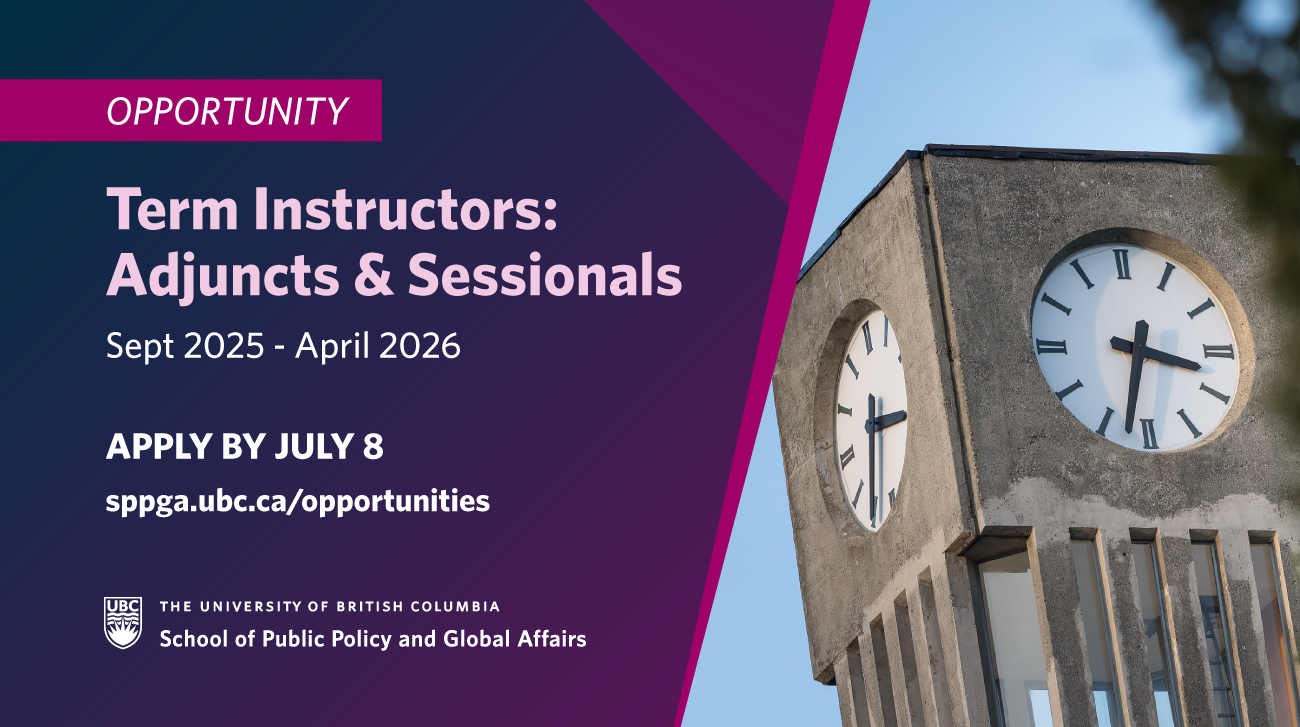

Canada’s relations with the People’s Republic of China have deteriorated precipitously in the past year in ways that few have welcomed and no one anticipated. The Huawei case of Meng Wanzhou (on bail in Vancouver awaiting possible extradition to the U.S.), the detention by China of Michael Kovrig and Michael Spavor, restrictions on key Canadian exports to China, the freeze in high-level contacts are elements of a still-escalating diplomatic rift. The rift has been compounded and complicated by a growing Sino-US confrontation that is affecting trade, technology and societal exchanges, including at the university level. Domestic reactions in Canada have ranged from cautious recalculation to outraged retribution and the call for dis-engagement or decoupling. The current crisis in bilateral diplomatic relations overlaps with what is being framed variously as Chinese influence or interference activities inside Canada.
On September 20 & 21, 2019, the Institute for Asian Research, part of the School of Public Policy and Global Affairs, organized a workshop to generate an informed discussion of the dynamics of the current situation and options for government, universities and civil society. The workshop involved academics, officials, and civil society players from different parts of Canada in collaboration with partners from Australia (the Australian Strategic Policy Institute) and the U.S. (the University of California at Berkeley).
Workshop co-chairs, SPPGA Professors Timothy Cheek and Paul Evans, released a report entitled, China Choices: Recalibrating Engagement in a Turbulent Era, Canadian and Australian Views.
Read the workshop report here.


